
The Orinoco is one of the longest rivers in South America at 2,140 km (1,330 mi).

El Dorado is commonly associated with the legend of a gold city, kingdom, or empire purportedly located somewhere in the Americas. Originally, El Hombre Dorado or El Rey Dorado, was the term used by the Spanish in the 16th century to describe a mythical tribal chief (zipa) or king of the Muisca people, an indigenous people of the Altiplano Cundiboyacense of Colombia, who as an initiation rite, covered himself with gold dust and submerged himself in Lake Guatavita.

The Rio Negro, or Guainía as it is known in its upper part, is the largest left tributary of the Amazon River, the largest blackwater river in the world, and one of the world's ten largest rivers by average discharge. Despite its high flow, the Rio Negro has a low sediment load.
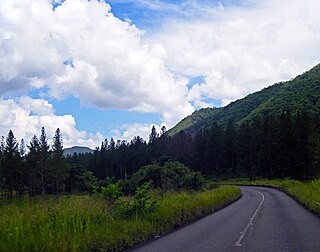
Monagas State is one of the 23 states of Venezuela.

Alonso de Ojeda was a Spanish explorer, governor and conquistador. He travelled through modern-day Guyana, Venezuela, Trinidad, Tobago, Curaçao, Aruba and Colombia, at times with Amerigo Vespucci and Juan de la Cosa. He is famous for having named Venezuela, which he explored during his first two expeditions, for having been the first European to visit Guyana, Curaçao, Colombia, and Lake Maracaibo, and later for founding Santa Cruz.
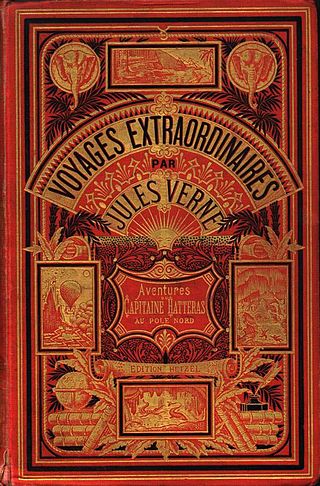
The Voyages extraordinaires is a collection or sequence of novels and short stories by the French writer Jules Verne.
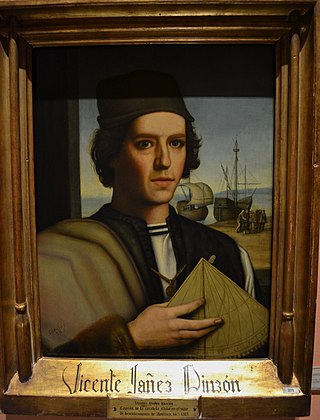
Vicente Yáñez Pinzón was a Spanish navigator and explorer, the youngest of the Pinzón brothers. Along with his older brother, Martín Alonso Pinzón, who captained the Pinta, he sailed with Christopher Columbus on the first voyage to the New World, in 1492, as captain of the Niña.

Julio Méndez Alemán was a Mexican actor.

Municipalities of Venezuela are subdivisions of the States of Venezuela. There are 335 municipalities dividing the 23 states and the Capital District.
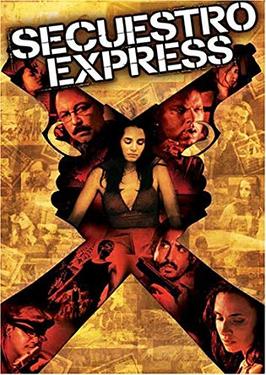
Secuestro Express is a 2005 Venezuelan crime film directed by Jonathan Jakubowicz and starring Mía Maestro, Jean Paul Leroux and Rubén Blades. The film became the second highest grossing film of all time in Venezuela; Miramax Films released the film in the United States and some other countries theatrically, making it the first Venezuelan film to be distributed internationally by a major Hollywood studio.
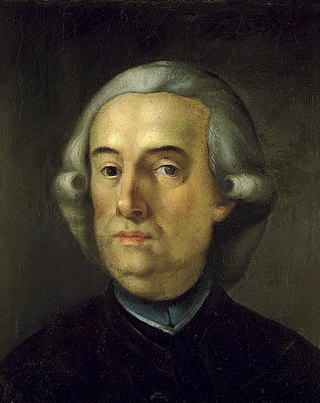
Antonio Ponz Piquer was a Spanish painter.

Going South Shopping is a 1989 Spanish comedy film directed by Fernando Colomo based on the play Bajarse al moro José Luis Alonso de Santos. It Verónica Forqué alongside Antonio Banderas, Juan Echanove, and Aitana Sánchez-Gijón.

Jonathan Jakubowicz is a Venezuelan filmmaker and writer, winner of the German Film Peace Prize 2020 for his film "Resistance". His film Secuestro Express was nominated for Best Foreign Language Film at the British Independent Film Awards and was a New York Times "Critics' Pick" in 2005. He is of Polish-Jewish descent.

The cinema of Venezuela is the production and industry of filmmaking in Venezuela. Venezuelan cinema has been characterised from its outset as propaganda, partially state-controlled and state-funded, commercial cinema. The nation has seen a variety of successful films, which have reaped several international awards. Still, in terms of quality, it is said that though "we can point to specific people who have made great films in Venezuela [and] a couple of great moments in the history of Venezuelan cinema, [...] those have been exceptions". In the 21st century, Venezuelan cinema has seen more independence from the government, but has still been described as recently as 2017 to be at least "influenced" by the state.

Campuzano-Polanco was a prominent family from the Captaincy General of Santo Domingo with origins in Santiago de los Caballeros. During the colonial era of the Hispaniola, their members and descendants went on to occupy high political, military, and ecclesiastical positions, locally and outside the Island, as well as in the metropolis of Spain. Their merits span from the beginning until the end of the colony.
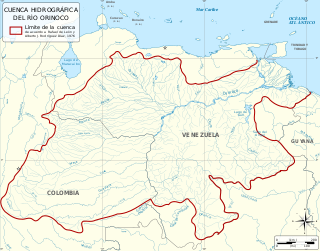
The Orinoco Basin is the part of South America drained by the Orinoco river and its tributaries. The Orinoco watershed covers an area of about 990000 km2, making it the third largest in South America, covering most of Venezuela and eastern part of Colombia.

The Pemon conflict is an ongoing conflict which is a part of the wider Crisis in Venezuela. The conflict is centered around mining disputes between the Maduro government, the Pemon nation and armed irregular groups. The Pemon nation is divided by the border between Venezuela and Brazil, resulting in Pemon refugees regularly crossing the border into Brazil for safety and medical care. The conflict is centred on disputes over mining in the Orinoco Mining Arc, a 112,000 km2 area of the Amazon Rainforest rich in gold, diamonds, coltan, and uranium, which are also home to the Pemon people.

















